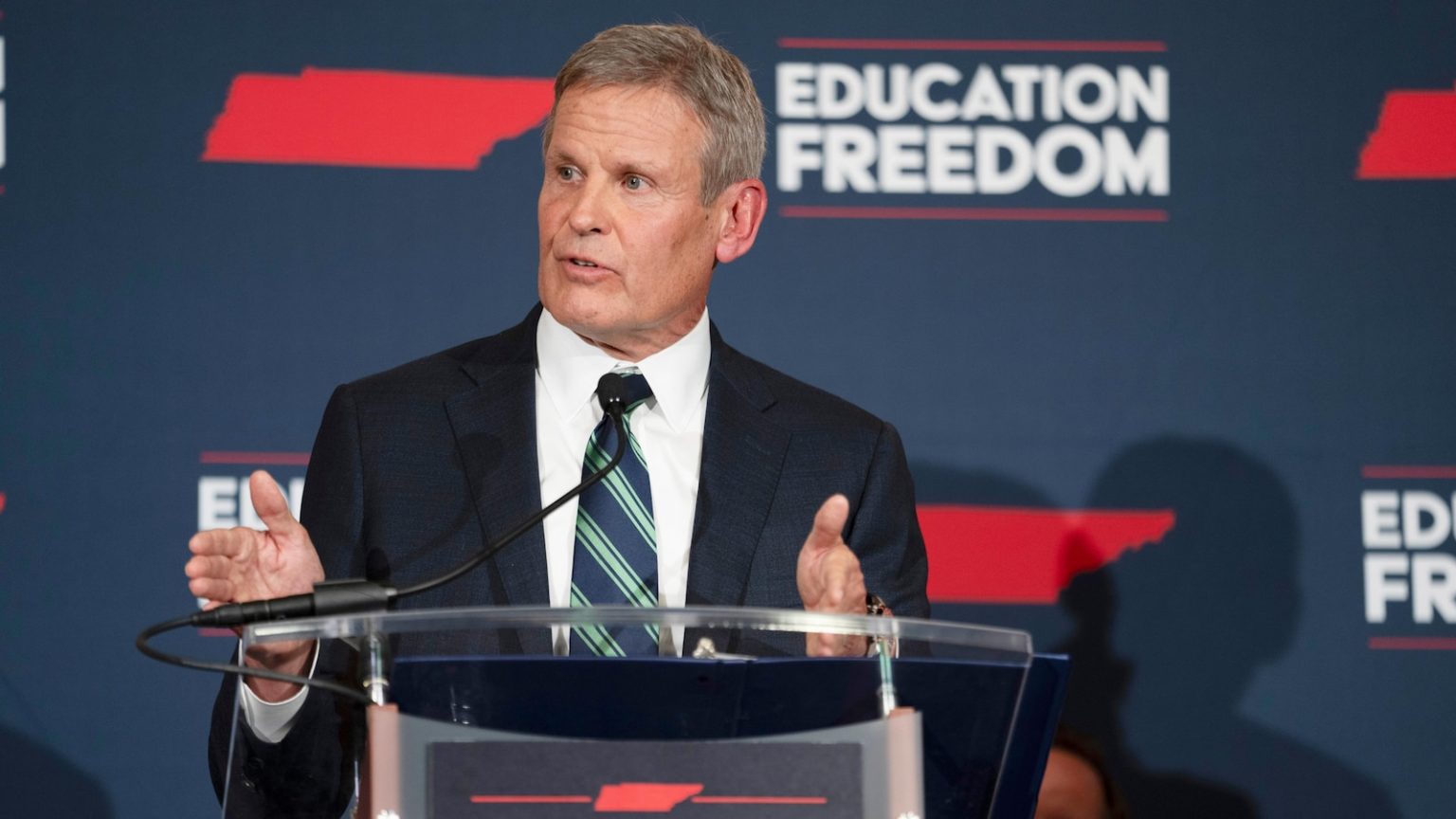Tennessee Governor Bill Lee’s Ambitious Budget Proposal: Investing in Roads, Education, and Affordable Housing
Tennessee Governor Bill Lee has unveiled a comprehensive $59.5 billion budget proposal for the upcoming fiscal year, which begins in July. The plan includes significant investments in critical areas such as road infrastructure, education, childcare, and affordable housing, reflecting the state’s growing needs and challenges. Among the top priorities in Lee’s budget is a massive infusion of over $1 billion into road projects, aimed at addressing Tennessee’s staggering $30 billion backlog of transportation needs. This move comes as state tax revenues have slowed following the economic boom of the COVID-19 pandemic, leaving a tighter budget to address these pressing issues.
A Focus on Road Infrastructure: Tackling the $30 Billion Backlog
One of the most significant components of Governor Lee’s budget is the allocation of funds for road projects. The state is grappling with a $30 billion backlog of transportation needs, which far exceeds the revenue generated by traditional sources such as gas taxes and fees. To bridge this gap, Lee is proposing nearly $1 billion in one-time, general state tax money, supplemented by an annual shift of $80 million from the sales tax on tires. This initiative follows a previous $3 billion investment in road projects approved in 2021, underlining the state’s commitment to modernizing its infrastructure.
However, the reliance on general tax revenue for road funding marks a shift away from the traditional model, which has historically depended on gas taxes. As more drivers turn to electric vehicles and hybrids, gas tax revenues have declined, forcing states like Tennessee to explore alternative funding sources. Lee’s proposal also leaves the door open for future innovations, such as express toll lanes on highways, though this idea is still in the planning stages and has yet to be implemented.
Education and Teacher Support: Expanding Opportunities for Tennessee Students
Education is another key focus of Governor Lee’s budget. During a special session last month, Lee secured legislative approval for over $900 million in initiatives, including a major expansion of voucher programs to help students attend private schools. This move is part of a broader effort to increase access to quality education, particularly for low-income families. At the same time, the budget includes provisions for public school teacher raises, recognizing the critical role educators play in shaping the state’s future.
The vouchers program has been a contentious issue, with critics arguing that it diverts funds from public schools. However, supporters, including Lee, argue that the initiative provides families with more choices and opportunities for their children’s education. The budget also includes relief funds for areas affected by natural disasters, such as those hit by Hurricane Helene, and measures to support federal immigration enforcement efforts.
Addressing Childcare Challenges: Making Daycare More Affordable and Accessible
In his State of the State address, Governor Lee highlighted the escalating cost of childcare in Tennessee, comparing it to the price of in-state tuition at a four-year public college. To address this issue, Lee’s budget allocates $11 million to the Boys and Girls Club to expand childcare programs across the state. Additionally, the plan includes funding to supplement childcare worker salaries, recognizes the essential role these professionals play in supporting working families.
While these initiatives are promising, some details remain unclear. For instance, many Boys and Girls Club locations currently only offer daycare services to children aged 5 and older, raising questions about how the new funding will expand access for younger children. Lee has also pledged to create “tens of thousands of new daycare spots” across rural and urban areas, but specifics on how and when this goal will be achieved have not yet been provided.
Affordable Housing and Construction: Incentivizing Development Through Loans and Tax Credits
Housing affordability is another critical issue addressed in Governor Lee’s budget. The proposal includes a $60 million fund to provide 0% interest construction loans for building single-family homes. This initiative aims to stimulate the development of affordable housing options, particularly in areas where housing shortages are acute. Additionally, Lee plans to fund a tax credit program enacted last year, which incentivizes developers to build affordable housing by offering financial rewards.
The governor emphasized the importance of addressing housing challenges through “innovation, not regulation,” signaling a preference for market-driven solutions over stricter government oversight. While the budget does not include new tax breaks for Tennessee residents, the focus on affordable housing reflects a commitment to creating opportunities for low- and middle-income families to achieve homeownership.
Investing in Nuclear Energy: Tennessee’s Role in the Future of Energy
Finally, Governor Lee’s budget includes tens of millions of dollars in investments for nuclear energy, a sector seen as key to the state’s energy future. The plan allocates $50 million to support the Tennessee Valley Authority (TVA) in developing a small modular reactor (SMR), a cutting-edge nuclear technology designed to be safer, more efficient, and scalable. The TVA has also applied for an $800 million federal grant from the U.S. Department of Energy to further advance this project.
By investing in nuclear energy, Tennessee is positioning itself as a leader in the transition to cleaner, more sustainable energy sources. The development of SMRs could not only reduce carbon emissions but also create high-paying jobs and stimulate local economies. This initiative aligns with the state’s broader goals of fostering innovation and ensuring a reliable energy supply for future generations.
Conclusion: A Balanced Approach to Tennessee’s Challenges
Governor Bill Lee’s budget proposal represents a comprehensive and ambitious plan to address some of Tennessee’s most pressing challenges, from crumbling roads to skyrocketing childcare costs. By allocating significant resources to education, infrastructure, and affordable housing, Lee is aiming to create a stronger foundation for the state’s future. While some details remain to be worked out, the budget reflects a commitment to finding innovative, fiscally responsible solutions to these complex issues. As Tennessee continues to grow and evolve, the success of these initiatives will depend on collaboration between state leaders, local communities, and private-sector partners.















